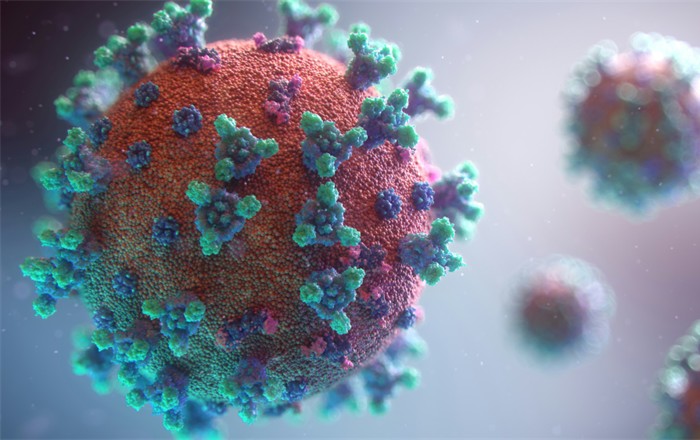Groundbreaking Research Reveals Synthetic Glycosystem That Blocks Covid-19 Infection
In a world gripped by the relentless specter of Covid-19, a groundbreaking discovery from a team led by Dr. Sumati Bhatia at Swansea University shines a beacon of hope. Imagine a small, sugar-coated nanoparticle acting as a formidable shield against a pathogen that has claimed millions of lives. This innovative glycosystem has demonstrated an astonishing 98.6% reduction in Covid-19 infections in human lung cells, offering a fresh avenue in the ongoing battle against the virus.
The Science Behind the Glycosystem
The glycosystem represents a significant leap in the field of virology and medicinal chemistry. Designed to mimic natural sugars that adorn human cells, these synthetic particles are engineered from polysialosides—repeating units of sialic acid targeted by various viruses to initiate infection. By creating a decoy, the glycosystem binds to SARS-CoV-2’s spike protein, obstructing its ability to attach to genuine human cells.
How It Works
This mechanism of action differs sharply from traditional vaccines, which stimulate immune responses. Instead, the glycosystem acts as a physical barrier, akin to a knight defending a castle from invaders. Dr. Bhatia notes, “The ability of our synthetic molecule to serve as a decoy not only provides a layer of protection but also diversifies the available strategies to combat viral infections.”
- Enhanced Binding Capability: The glycosystem binds to the virus 500 times more effectively than sulphated analogues lacking sugar.
- Low Dosage Efficiency: The molecule operates efficiently at minimal concentrations.
- Broad Strain Efficacy: It remains effective against both the original SARS-CoV-2 strain and the D614G variant.
Collaboration Across Borders
At the heart of this research is a collaborative effort, uniting Swansea University with Freie Universität Berlin and Charité – Universitätsmedizin Berlin. Such international partnerships cement the notion that global challenges require collective wisdom. Dr. Peter Lange, a virologist at Freie Universität Berlin, stated, “The sheer ingenuity of this approach could redefine our understanding of antiviral treatments. This synthesis of chemistry and virology opens pathways we hadn’t even considered before.”
Laboratory Testing and Results
The research team employed advanced laboratory techniques to measure how molecular interactions unfold and simulate virus binding. Their findings were staggering: when tested on human lung cells, the glycosystem led to a drastic reduction in Covid-19 infections. This potent molecule does more than just block viral entry; it represents a new conceptual framework for developing antiviral strategies.
Dr. Bhatia elaborated on the research’s implications, stating, “Our work highlights the importance of sugar structures in defining molecular interactions. The glycosystem’s success lies not merely in its charge but fundamentally in its precise sugar composition.”
The Path Ahead: A New Class of Antiviral Therapies
With this revolutionary discovery, the team is already gearing up for further biological testing in high-containment laboratories. The objective is to evaluate the efficacy of the glycosystem against multiple viral strains and assess its potential in diverse applications—ranging from antiviral nasal sprays to surface disinfectants, aimed at protecting vulnerable populations.
Dr. Anna Weber, a public health expert, commented, “If this research culminates in real-world applications, we could witness a paradigm shift in how we prevent viral infections, not just for Covid-19 but for other respiratory pathogens as well.”
This innovative approach not only contributes to immediate public health concerns but also establishes a foundation for future antiviral therapies, potentially equipping societies to face emerging pandemics with greater resilience.
Source: www.swansea.ac.uk


